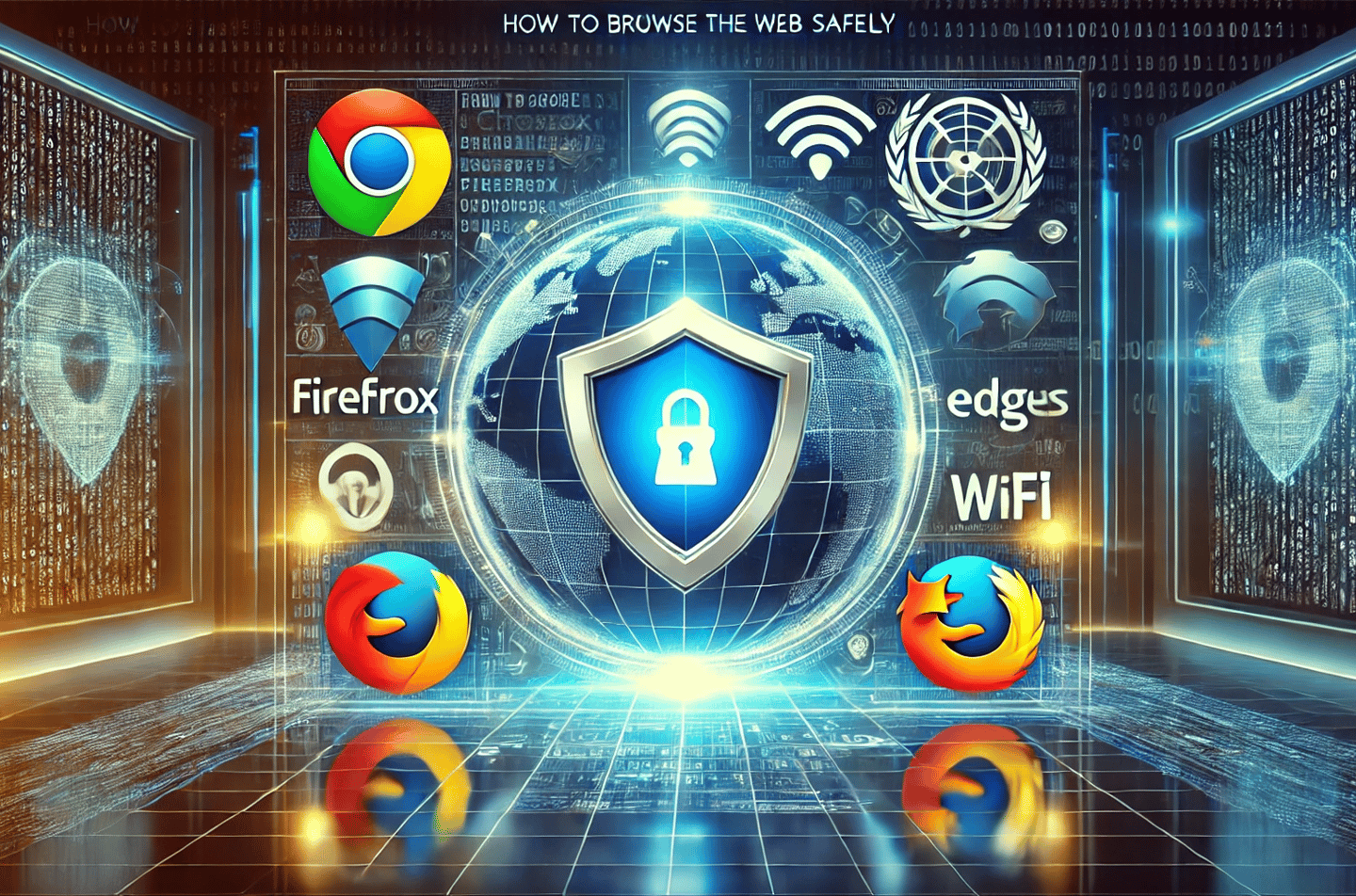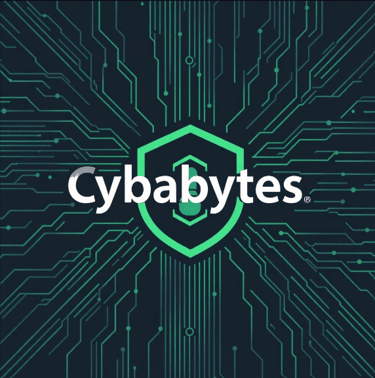How to Browse the Web Safely?
Tips for Protecting Yourself Online


The internet is an incredible resource, offering endless opportunities for learning, entertainment, and connection. However, it’s also a place where cybercriminals, malware, and other threats lurk. Navigating the web safely isn’t just for tech experts; it’s something everyone can and should do. Here’s a guide to keeping yourself secure online, with some personal insights and practical advice.
1. Use a Secure Browser
Not all browsers are created equal. A secure browser is your first line of defense against online threats. Look for browsers with built-in security features, such as blocking malicious sites, preventing tracking, and regular updates.
Personal Tip: I’ve found browsers like Brave and Mozilla Firefox to be excellent for privacy, as they actively block trackers and ads by default. Pairing these with browser extensions like uBlock Origin can add an extra layer of protection.
2. Keep Your Software Updated
One of the easiest ways to protect yourself online is by keeping your browser, operating system, and other software up-to-date. Updates often include patches for newly discovered security vulnerabilities.
Personal Experience: A friend once ignored a browser update, and their computer ended up compromised due to a vulnerability that had already been patched in the latest version. Lesson learned: don’t procrastinate on updates!
3. Use Strong, Unique Passwords
Weak passwords are like unlocked doors—an invitation for trouble. Always use strong, unique passwords for each of your accounts. A good password includes a mix of uppercase and lowercase letters, numbers, and special characters.
Tool Recommendation: I use a password manager like LastPass or Bitwarden to generate and store complex passwords. This not only keeps my accounts secure but also saves me from the frustration of remembering dozens of passwords.
4. Enable Two-Factor Authentication (2FA)
Two-factor authentication adds an extra layer of security by requiring a second form of verification, such as a code sent to your phone or email. Even if someone manages to get your password, they’ll have a much harder time accessing your accounts.
5. Beware of Phishing Attempts
Phishing is a common tactic where scammers try to trick you into providing sensitive information, often by posing as a legitimate entity. Be cautious of emails, messages, or websites that seem suspicious.
Personal Tip: I’ve made it a habit to hover over links before clicking to ensure they lead to legitimate URLs. Also, if an email from a bank or service asks for personal details, I always verify by contacting them directly.
6. Use a Virtual Private Network (VPN)
A VPN encrypts your internet connection, protecting your data from prying eyes. This is especially important when using public Wi-Fi, which is often unsecured.
My Favorite: I’ve been using NordVPN for years, and it’s given me peace of mind, especially when working in coffee shops or airports.
7. Be Cautious with Downloads and Links
Downloading files or clicking on random links can expose your device to malware. Only download from reputable sources, and scan files for viruses before opening them.
8. Educate Yourself on Online Scams
The more you know about online threats, the better you can protect yourself. Stay informed about common scams, such as fake tech support calls or too-good-to-be-true online deals.
Personal Note: I make it a point to share any new scam information with family and friends. Awareness is a powerful defense.
9. Limit Personal Information Sharing
Be mindful of what you share online, especially on social media. Oversharing can make you a target for identity theft or phishing attempts.
Practical Example: I avoid posting about vacations until I’m back home to prevent advertising an empty house.
10. Regularly Review Your Online Presence
Take the time to review your privacy settings on social media, email, and other accounts. Limit who can see your information and what data is collected about you.
Final Thoughts
Browsing the web safely is about being proactive and informed, not paranoid. With the tips above, you can protect yourself while enjoying everything the internet has to offer.
